Pattern and Process. A Whiteheadian perspective on linguistics.
The purpose of this book is to illustrate the relevance to linguistics today of Whiteheadâs philosophy of organism. Although largely ignored by linguists, Whitehead has in fact much to say as regards the cognitive processes underpinning language pattern. His theory of symbolism conceives of language as the âsystematization of expressionâ, and relates meaning to feeling (in the broadest sense). The Whiteheadian perspective allows a synthesis of the psychological and the social approaches to language that does not fall into one or another fashionable form of reductionism. The volume represents a first application of Whiteheadâs thinking to a broad range of linguistic phenomena, ranging from speech act theory to the production and comprehension of texts, from language acquisition to historical change and the evolution of language. It is argued that Whiteheadâs holistic philosophy is uniquely suited to the view of language as an emergent phenomenon â regardless of whether oneâs approach to cognition is via the ânativistâ or the âfunctionalistâ route.
{{comment.content}}
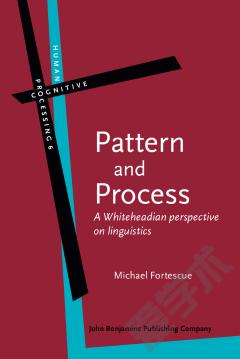

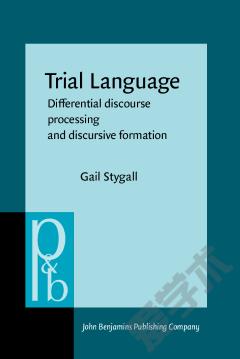
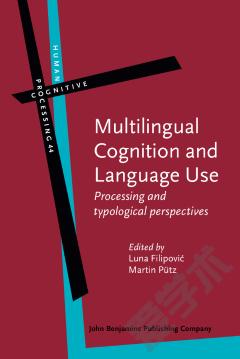
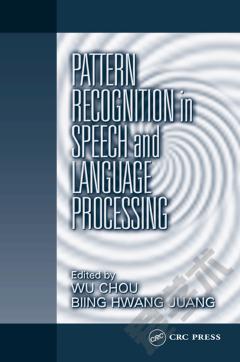

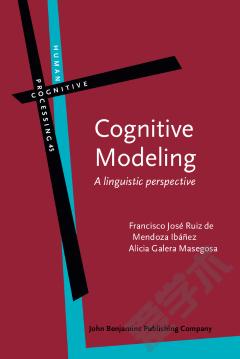

 京公网安备 11010802027623号
京公网安备 11010802027623号